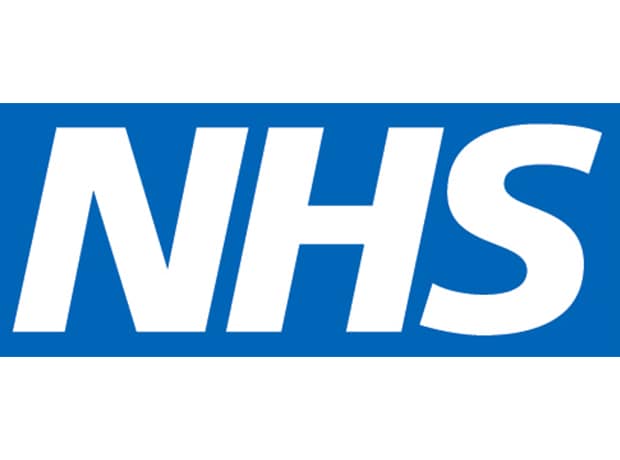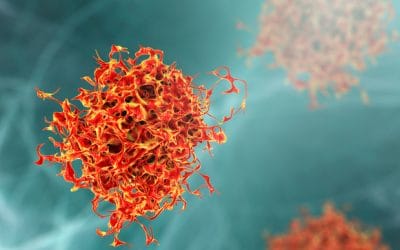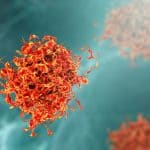The NHS has launched a new campaign to raise awareness of the seven additional conditions that patients can get treatment from pharmacies for without needing to see a GP.
Launched in January, Pharmacy First enables patients to now get treatment from their local pharmacy for sinusitis, sore throat, earache, infected insect bite, impetigo, shingles and uncomplicated urinary tract infections.
The new campaign will run across advertisements on demand TV services, bus stops, billboards and social media to encourage people to use their high street pharmacy for a wider range of common illnesses.
Additionally, a few pharmacy signs across the country have been temporarily rebranded to make patients aware of the services at their local pharmacy, which include symptoms for the seven common conditions.
Community pharmacies play a vital role in keeping local communities in England healthy.
NHS England has worked with pharmacies as part of its Help Us, Help You campaign to raise awareness of the services that are available across the country.
The Pharmacy First service builds on the expansion of the contraceptive pill service, launched in December 2023, which enabled over 5,000 pharmacies to allow women to receive a supply of oral contraception over the counter without needing to see a GP.
The nationwide first is part of the NHS and UK government’s primary care access recovery plan, which aims to free up to ten million GP appointments a year while helping patients get quicker access to care.
Dr Claire Fuller, medical director for primary care, NHS England, said: “The changes that the NHS has made to community pharmacy services mean that people now have a new easy and convenient way of managing and treating many common illnesses.
“This important campaign will help people understand the new level of support that pharmacies can offer, with skilled and highly-qualified health professionals delivering even more excellent support in local communities.”










